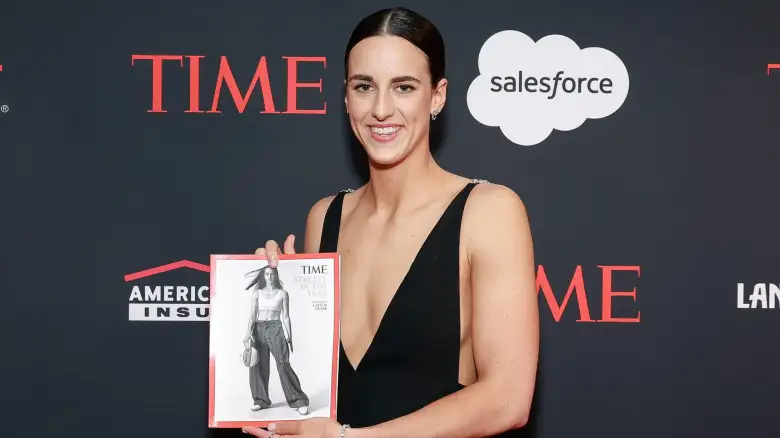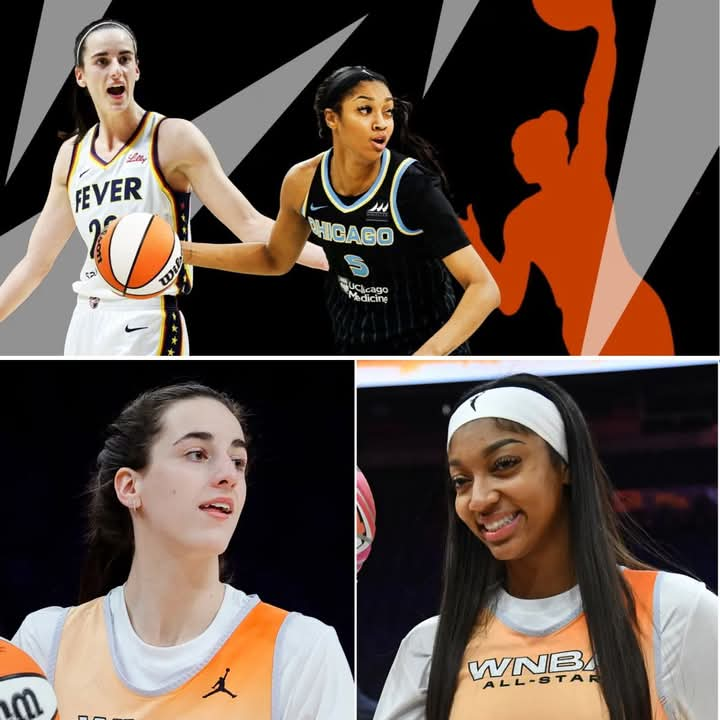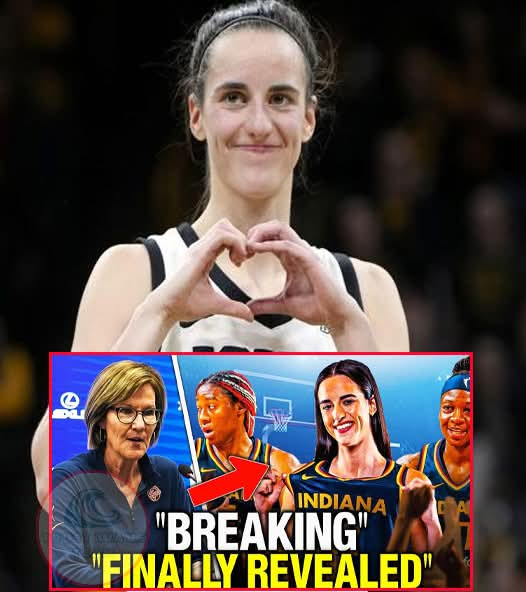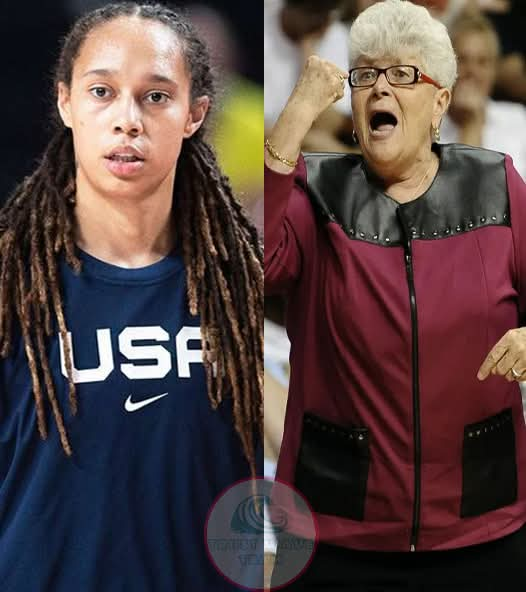
Washington Mystics co-owner Sheila Johnson raised concerns about the decision to feature Indiana Fever’s Caitlin Clark on the cover of Time Magazine as the 2024 Athlete of the Year, questioning why the entire WNBA wasn’t recognized as the “League of the Year” instead. In an interview with CNN Sports, Johnson expressed that singling out a single player could create divisions within the league, stating, “When you just keep singling out one player, it creates hard feelings.” She also warned that the spotlight on one individual might inadvertently foster racial tensions within the WNBA, an issue she emphasized needed to be addressed for the league to remain strong and unified.
While Clark’s performance undeniably drew significant attention to the WNBA during her first season, including record-breaking attendance and TV ratings, Johnson argued that it wasn’t just Clark’s presence but the overall influx of talent that fueled the league’s growth. The 2024 draft introduced several promising rookies, including LSU’s Angel Reese, who she believes also played a major role in propelling the WNBA’s popularity. Despite this, the focus on Clark has overshadowed the broader contributions of other players, something Johnson felt was unfair.
Clark’s impact was evident, particularly in the attendance numbers. The Fever’s regular season finale against the Mystics on September 19 became the most attended game in WNBA history, drawing 20,711 fans, a stark contrast to the usual crowd size at the Mystics’ home arena. Additionally, Clark’s games significantly boosted TV ratings, averaging 1.178 million viewers, a staggering contrast to the 394,000 average viewers for other games. These numbers highlighted the massive influence Clark has had on the league’s visibility and growth.
However, the rivalry between Clark and Reese, which began last year during the NCAA tournament, has become a major media narrative. Johnson voiced concerns over the racial undertones of the media coverage surrounding the two rookies, noting that infighting and racial discourse could deter advertisers from supporting the WNBA. She stressed the importance of avoiding divisiveness, as it could harm the league’s future prospects and its relationship with external stakeholders.
Clark, who is aware of the racial discourse surrounding her rise in the WNBA, has used her platform to speak up for Black players in the league. Acknowledging her own privilege as a White player, Clark expressed her desire to uplift and promote Black athletes, whose contributions have been foundational to the league’s success. She emphasized the need for continued investment in Black players and greater recognition of their impact. Johnson, while appreciating Clark’s statement, argued that such a conversation should not have been necessary and called for a broader dialogue within the league to address issues of racism. She proposed that WNBA Commissioner Cathy Engelbert facilitate a meeting with players and stakeholders, potentially involving a psychologist to ensure the league operates in a healthier, more inclusive manner.




